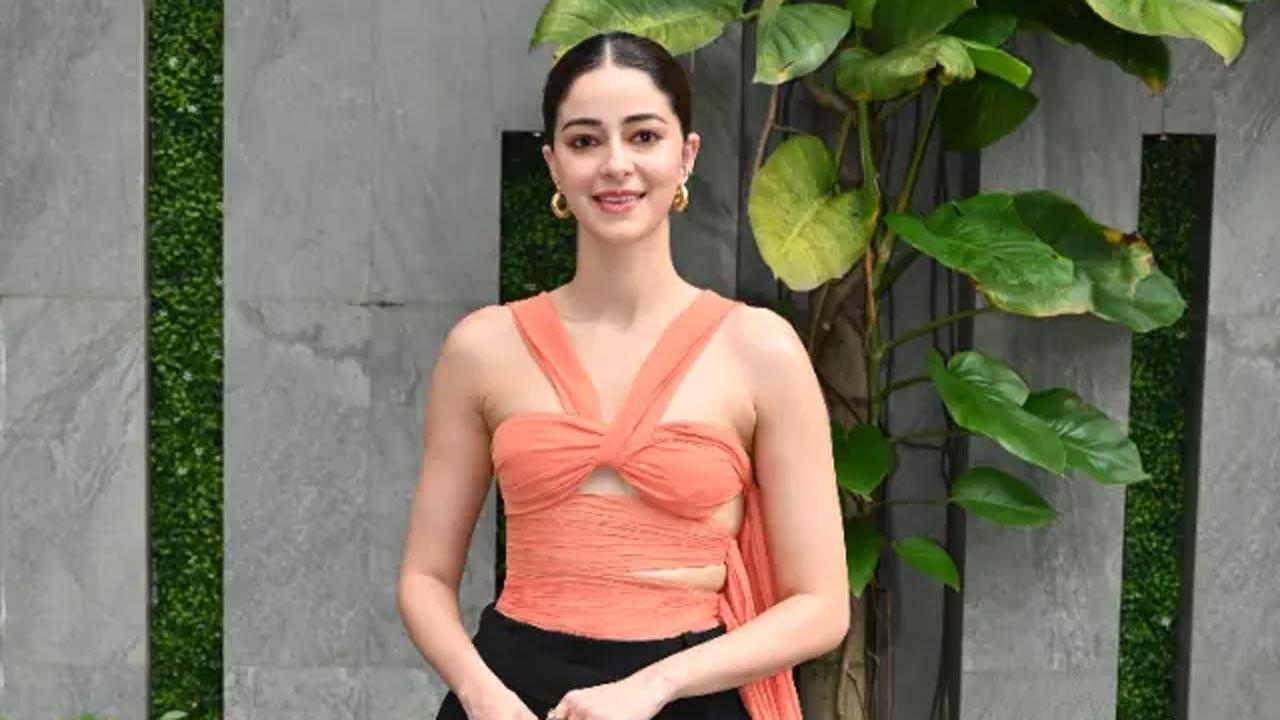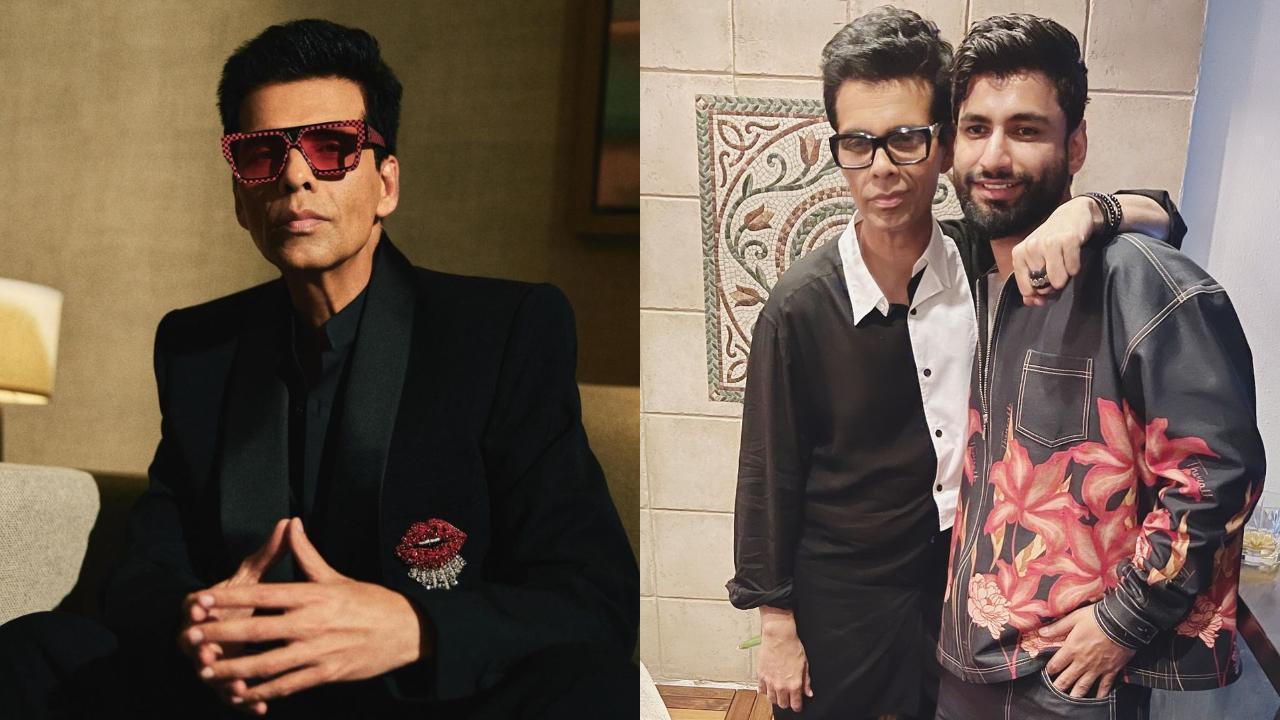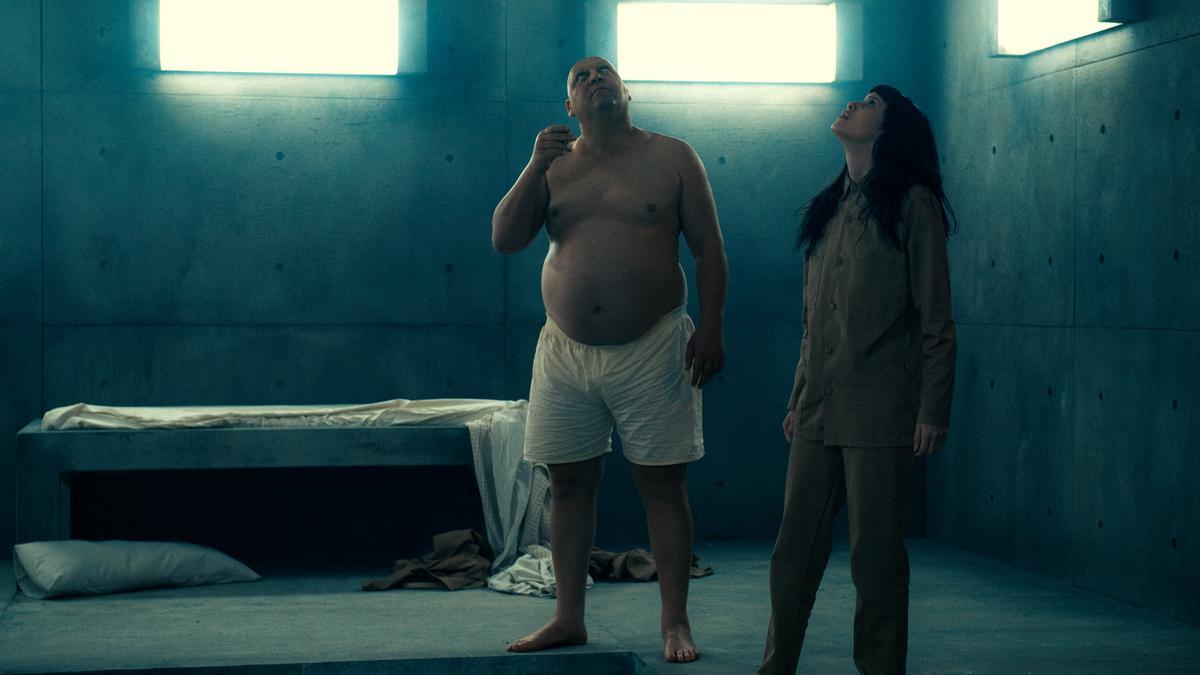
Guru Dutt, known for his exceptional cinematic techniques and deep emotional storytelling, remains a towering figure in Indian filmmaking history. The director of just eight Hindi films, including the iconic “Pyaasa” (1957) which earned a spot in Time magazine’s 100 Greatest Movies, Guru Dutt carved a niche with his distinct use of close-ups, lighting, and narratives filled with poignant human emotions. Today, we delve into Guru Dutt’s journey to becoming a cinematic legend and the tragic circumstances surrounding his untimely and lonely death.
**Early Life and Background**
Guru Dutt was born Vasanth Kumar Shivashankar Padukone on July 9, 1925, in Padukone, a town located in what is now Karnataka, India. He hailed from a Chitrapur Saraswat Brahmin family. Due to a childhood accident that his family deemed auspicious, his name was changed to Gurudatta Padukone.
His father, Shivashanker Rao Padukone, worked as a headmaster and occasionally as a banker, while his mother, Vasanthi, was a teacher and writer. Originally from Karwar, the family moved to Bhowanipore, Kolkata during Dutt’s early years. There, he became fluent in Bengali and spent much of his childhood.
**Career Beginnings and Rise to Fame**
The beginning of Guru Dutt’s career can be traced back to 1942, when he enrolled at Uday Shankar’s School of Dancing and Choreography in Almora. However, he left the school in 1944 due to his involvement with the company’s leading lady. Post this stint, he took up a job as a telephone operator at a Lever Brothers factory in Kolkata, which he soon left as well.
Upon returning to Bombay, his uncle facilitated a job for him under a three-year contract with the Prabhat Film Company in Pune. During his time there, he formed friendships with future stars Rehman and Dev Anand. His acting debut came in 1945, with Vishram Bedekar’s film “Lakhrani,” and by 1946, he had also served as an assistant director and choreographer for P. L. Santoshi’s “Hum Ek Hain,” which marked Dev Anand’s acting debut.
Guru Dutt’s exceptional directorial skills became apparent with films such as “Kaagaz Ke Phool” (1959), “Chaudhvin Ka Chand” (1960), and “Sahib Bibi Aur Ghulam” (1962). His work in these films remains etched in Indian cinematic history as groundbreaking and deep explorations of human emotions. His innovative use of lighting and camera work had set new benchmarks in the industry.
. In 2012, he was posthumously recognized as one of CNN’s Top 25 Asian Actors.
**Personal Struggles**
In 1953, Guru Dutt married Geeta Roy Chowdhuri, a renowned playback singer he met during the production of “Baazi” (1951). Despite facing substantial family opposition, the couple remained engaged for three years before marrying. They eventually settled in Pali Hill, Mumbai, and had three children: Tarun, Arun, and Nina.
However, their marriage soon faced turbulence. Guru Dutt’s reliance on smoking, heavy drinking, and erratic lifestyle strained their relationship significantly. His close association with actress Waheeda Rehman added to the existing marital discord, leading to their eventual separation.
Geeta Dutt passed away in 1972 at the age of 41 due to liver damage from excessive drinking. Following the deaths of both their parents, their children were cared for by Guru Dutt’s brother, Atma Ram, and Geeta’s brother, Mukul Roy.
**Untimely Death**
On October 10, 1964, Guru Dutt was found lifeless in his bed at his rented apartment on Pedder Road, Bombay. He had apparently mixed alcohol with sleeping pills. Whether his death was accidental due to an overdose or a deliberate act remains a topic of speculation. This tragic end was not his first attempt at suicide; it was, in fact, his third attempt.
His son, Arun, believed that the death was accidental, citing Guru Dutt’s ongoing struggle with sleeping disorders. At the time of his death, Guru Dutt was involved in two other projects: “Picnic” with actress Sadhana, and director K. Asif’s epic “Love and God.” The latter was eventually released much later, after undergoing significant reshoots and featuring a different lead actor.
Despite his tragic end, Guru Dutt’s legacy continues to inspire and influence filmmakers and audiences alike. His films remain timeless, exploring the depths of human emotions with a sincerity and artistry that few have matched.










